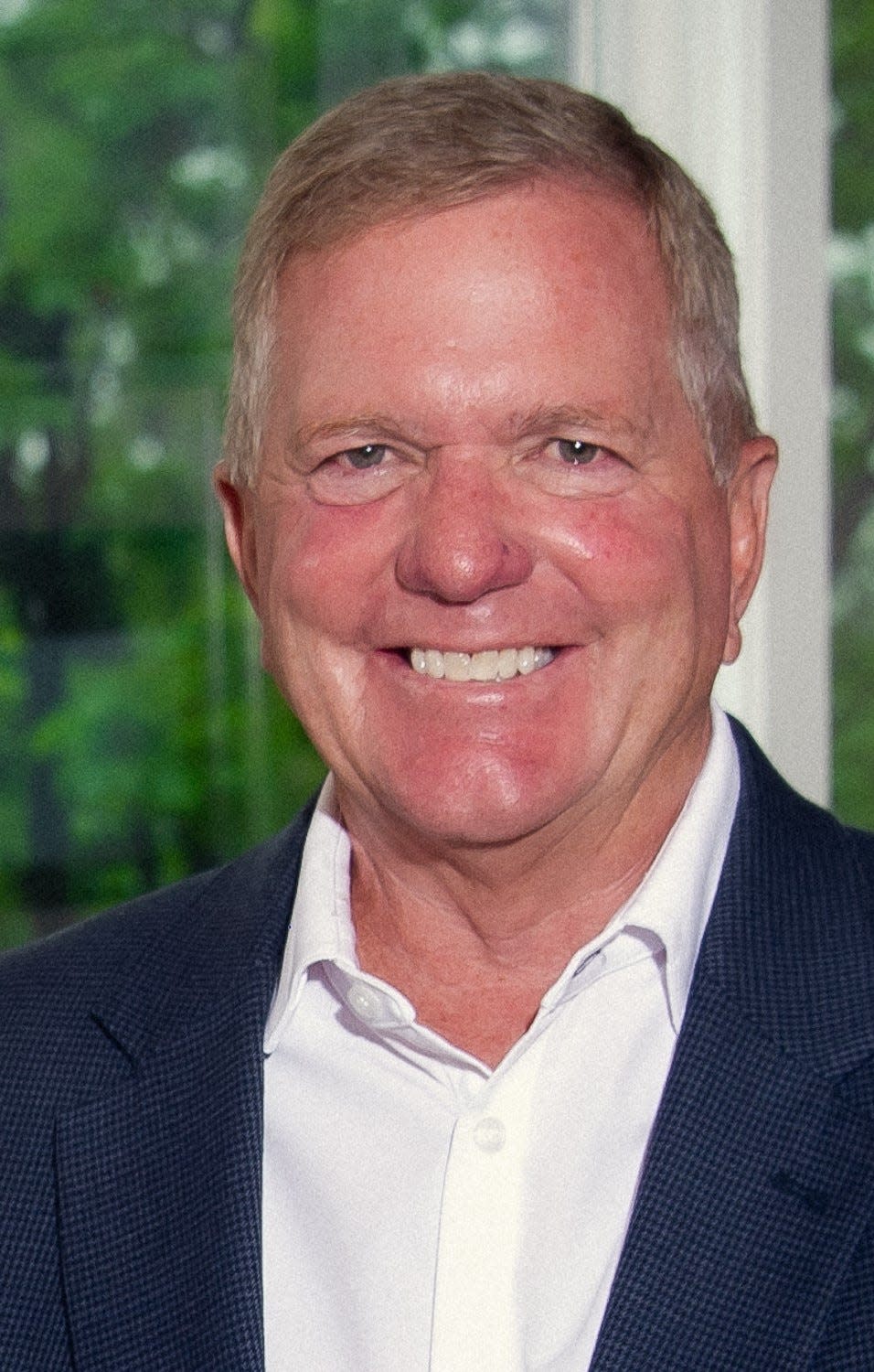Jeff Elhart: Mental wellness vs. mental illness
Wellness is defined as the state or condition of being in good physical and mental health; Illness is a disease or period of sickness affecting the body or mind. Looking at the spelling of these two words, the letters in common are the ones at the end. Yet what differentiates these two words from one another are the beginning letters: WE versus I.
WEllness is often achieved by building a community of individuals (the “we”) who can support our health, growth and strength. Yet when we become individually focused or isolative and do not involve others around us (the “I”), we may be prone to Illness in that our internal focus may lead us astray in terms of our goals. We could become exhausted or worse yet suicidal if we do not have those around us to guide, nurture, uplift and empower us to get well
So how do we take the “I” out of mental illness and replace it with “we”? An answer is to “be nice.” That is, we all can have an effect on how people think, act and feel. Thinking, acting and feeling are all actions that we take on our own. As such we tend to bottle these thoughts and feelings up inside us. By understanding the tool Be Nice we are equipping ourselves to help others move from mental illness to mental wellness.

Remember that the first action item in Be Nice is to notice what is right and good about someone. When you know these qualities about someone, you are now prepared to notice what is different about the person. Next is to invite yourself into the person’s life or space by letting them know that you have noticed what is good about them and what is now different about the way they are acting. Challenging the person with the knowledge that you have about their actions then empowers you to help get the professional help that this person needs. This is taking the “I” out of mental illness and replacing it with “we” for mental wellness.
In many cases, the person struggling with a mental illness isolates their pain so well that it is hard to detect.
Someone who feels unwell or sick may not have a serious illness, but it still affects their well-being. Perhaps it’s a cold or flu; a headache or a stomach bug. By and large, we recognize the symptoms and take steps to improve our condition. It may require seeing a doctor for an antibiotic or just taking aspirin. It may also mean taking a day at home to recover. Whatever the case, we accept that a physical illness often makes it hard to perform at our best.
When the problem we want to fix is: how we feel about, and responding to, the things that are happening in our lives, the only solution is either to change what’s happening or change how we’re thinking and responding to what’s happening. Often, whether at home, at school or on the job, we don’t have control over what happens. So learning new ways to think about the problems and stresses in our lives can go a long way to improving our mental health, our emotions and responses, and thus the happiness in our lives and our productivity on the job, at home or at school.
Professional therapists do more than treat mental illness. They can also teach ways of thinking that can improve communications in both personal and professional relationships. They can teach "mindfulness," a technique for remaining "in the moment" and focused on what’s positive and good now. They can teach ways for understanding how our thoughts affect our behavior — including our emotional responses — so our actions and reactions are more productive. These and other techniques can improve our mood, focus, improve sleep and greatly improve how well we manage and solve problems. In the simplest sense, learning how to think differently can make us happier.
Anyone can learn new techniques and apply these tools to improve how they think, feel and react to the stressors in life. For most people, the barrier to feeling better is to first admit our mental health could improve, and then be willing to ask for help.
Mental illness is treatable. Suicide is preventable. Be nice.
P.S.: Thanks to Bri Mulder, a 2016 Zeeland Public School graduate, a Be Nice champion with a psychology degree from GVSU and now practicing her passionate work at Mary Free Bed Hospital in Grand Rapids, who shared with me the difference between mental wellness and mental illness.
— Community Columnist Jeff Elhart is Playground Director II of the Elhart Automotive Campus in Holland. For more information, contact benice@elhart.com.
This article originally appeared on The Holland Sentinel: Jeff Elhart: Mental wellness vs. mental illness

